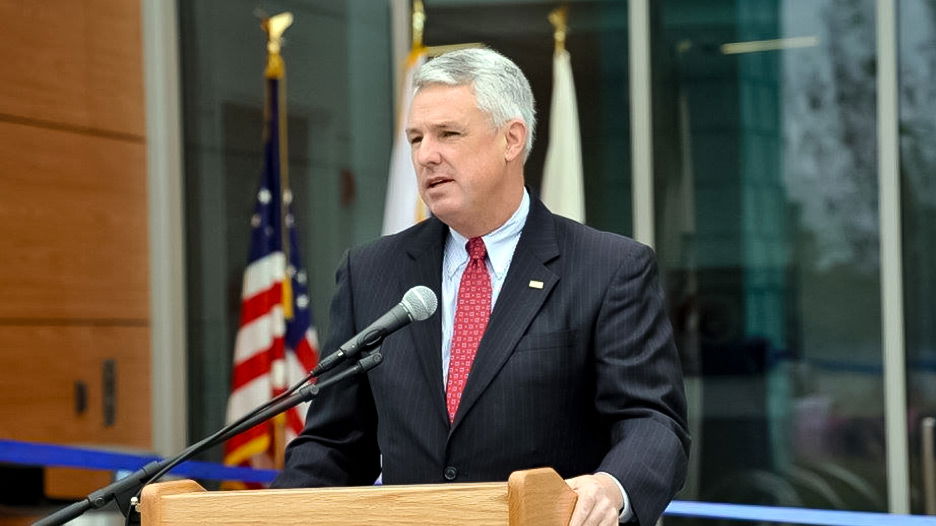Lawsuit challenges sports wagering amendment on Missouri ballot

A lawsuit filed Wednesday in Missouri's Cole County Circuit Court seeks to block a proposed constitutional amendment legalizing sports wagering from appearing on the November ballot, arguing that the signature certification process was unconstitutional.
The lawsuit claims that the Missouri Secretary of State’s office did not use the correct congressional district boundaries when certifying the collected signatures for the sports betting proposal. Following the 2020 U.S. Census, lawmakers redrew the state’s congressional districts, but the secretary of state’s office allegedly used the previous boundaries to calculate signature requirements while using the new district lines to determine where signatories lived.
According to the suit, had the current district lines been used for the count, the proposal would not have garnered enough valid signatures in Missouri’s 1st Congressional District. Additionally, the plaintiffs argue that the proposal would have failed to meet the threshold in both the 1st and 5th Districts if the calculation had been based on 8% of the 2020 gubernatorial vote, divided evenly among the state’s eight districts.
The lawsuit also alleges that some signatures were deemed valid in the 1st and 5th Districts despite being legally invalid.
The sports wagering initiative was launched after repeated failures to pass legislation, with major sports teams and casino companies leading the public-facing campaign. The signature-gathering effort was largely funded by the nation's two largest online sports wagering platforms, FanDuel and DraftKings, which contributed $6.3 million.
Bill DeWitt III, president of the St. Louis Cardinals, dismissed the lawsuit, calling it “completely without merit,” and praised the public response to the petition drive. “Missourians came out in force to sign the petition that will be on the ballot in November,” DeWitt said.
If approved by voters, the amendment would tax sports betting revenue at 10% of net winnings after promotions and other costs. A similar tax structure in Kansas, which legalized sports wagering in 2022, generated $9.8 million in June from $172 million in wagers.
Missouri’s ballot language anticipates that the state could collect up to $28.9 million annually in revenue, which would be allocated to education programs.
















































